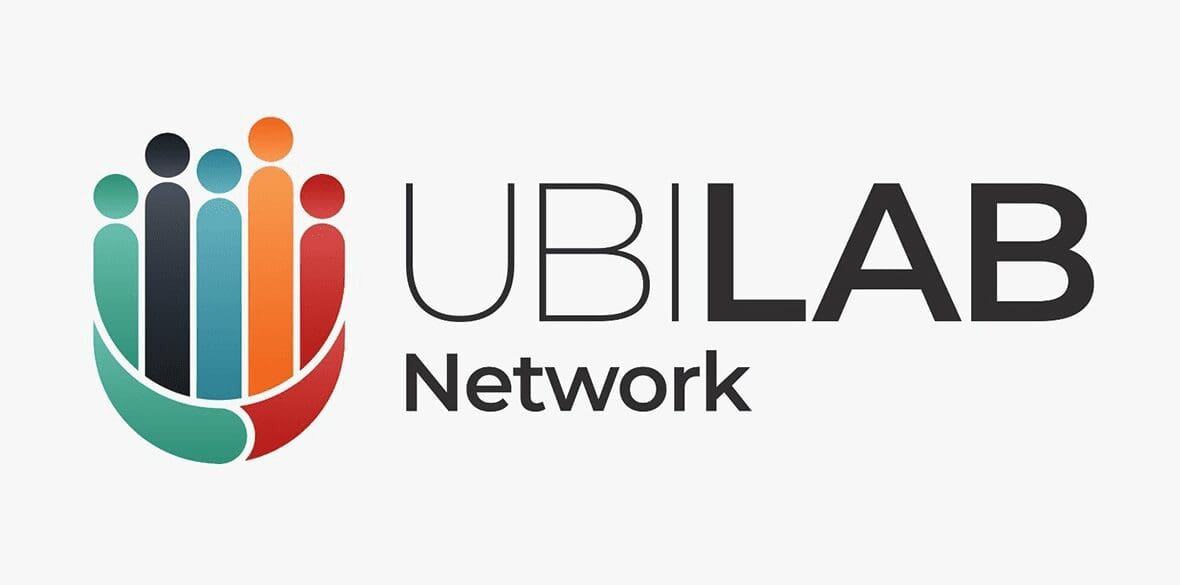ALEX CULVIN, member of UBI Lab Network, tells Georgina Trace how a Universal Basic Income in the UK could emancipate women and provide financial security during the coronavirus pandemic
ONE WAY out of the economic devastation caused by the coronavirus and the government’s mishandling of the crisis is to introduce a universal basic income (UBI), an unconditional monthly salary paid to every individual.
Though Labour’s previous shadow chancellor John McDonnell had indicated the party would be up for experimenting with UBI, his successor Anneliese Dodds last week indicated that Labour would not be considering it at the next election. But why not?
UBI Lab Network “is a worldwide network of citizens, researchers, activists and campaigners exploring the potential of universal basic income.”
Curious about how a UBI could get us out of the looming economic crisis, I spoke with Alex Culvin, a UBI Lab Liverpool member.
“UBI Lab Network consists of around 35 labs at the minute,” she says.
“There are geographical labs such as Liverpool and Sheffield, and in all different towns and cities across Britain.
“We then have non-geographical labs where people have shared characteristics or are part of a marginalised group.”
Among these non-geographical groups are UBI Lab Womxn, UBI Lab Youth, UBI Lab Disability, UBI Lab LGBTQ+ and UBI Lab Arts.
“We all have the same ambition of implementing UBI into Parliament as a policy. But the different figures that operate, and also how those sums will be paid for, are things that we’re grappling with at the moment,” Culvin says.
A recent UBI Lab Network petition gained over 500 signatures from elected officials — ranging from MPs and councillors to lords.
Among the signatures are socialist Labour MPs John McDonnell, Diane Abbott, Rebecca Long Bailey and Ian Byrne. Many British councils are also supporting the launch of a UBI, with councils in Liverpool, Brighton, Leeds, Norwich and Belfast campaigning for UBI trials. There has also been talk of UBI pilots in both Scotland and Wales.
Currently, UBI Lab Network is calling for a post-Covid UBI that would see each adult receive £1,000 per month and £500 per month for each child.
The plan aims to relieve the critical consequences the coronavirus pandemic has had on personal finances and the economy, by providing a reliable and stable monthly income for everyone.
Culvin explains that the UBI is not a replacement for additional benefits, rather it is set to work alongside other payments such as statutory sick pay and universal credit benefits.
“I don’t advocate that the welfare system be put to one side, I see a UBI and welfare system working together as one system. I think it should be an accompaniment for people who have disabilities, people who can’t go to work who are carers, who have children.”
“If you’re a person that cannot go to work for whatever reason, or if you have child-caring responsibilities, a UBI shouldn’t replace what you already have because it wouldn’t be enough to cover how you live.”
As it stands, universal credit payments do not even provide half of a sufficient living wage. Those eligible can claim a standard allowance between £342 and £594 per month which varies based on age and relationship status.
According to the Living Wage Foundation, the monthly living wage per individual equates to just over £1,500 outside of London and £1,700 in the capital.
The current welfare system traps people in poverty, Culvin says. “It perpetuates, encourages and creates poverty in the sixth richest economy in the world. Homelessness is on the rise, suicides are on the rise, mental health issues are on the rise.”
Not only are universal credit payments not enough money to live on, they are also inaccessible and include a five-week delay preventing people from accessing immediate payments.
The additional failure of the Conservative government to protect the wellbeing and incomes of British citizens during the Covid crisis has been appalling.
Statutory sick pay has been so low that people are forced to continue working, unable to afford to self-isolate to protect themselves and their loved ones.
The last 15 years of prolonged recession and Tory-driven austerity have also contributed to job losses, job insecurity and under-paid public services.
UBI Lab Network’s proposals intend to offer a financial independence that the current system does not.
“At the moment people do sort of have a rolling contract with the government, they get this money every month but it has conditions on it,” Culvin says.
“It just comes back to giving people liberty from a society, that at the moment, is not working for us but is really working against us.
“UBI removes us from this paternalistic reliance on a government system that tells us what we should do and how we should spend our money.”
Universal credit pays money into one bank account per household. This often serves as a catalyst for financial coercion in relationships. How would UBI benefit women, I ask Culvin.
“The universal credit system at the moment encourages and reproduces the financial dependency that women feel upon men in heterosexual relationships.
“I think the idea that it gets paid into one bank per household is abhorrent. Basically its manipulation and control for domestic violence sufferers or for women who feel unsafe in their own home.
“UBI would, in lots of ways, emancipate women from that financial dependency from the fear to stay in abusive relationships, for being financially independent for themselves and for their children.”
A UBI could also benefit mothers and women in care roles, recognising their domestic responsibilities as valuable and paid work.
As the coronavirus pandemic has shown, care work (often low paid or unpaid) has been absolutely essential to society. This includes mothers who have taken on additional hours of unpaid childcare responsibilities.
On average women in heterosexual relationships in the UK do 60 per cent more unpaid domestic labour than men. (Women’s Budget Group, 2020).
Compensating women for their unpaid labour with a monthly payment is one way to work towards equalising these inequalities. It would give women the opportunity to participate in the labour market while paying for childcare, or to take on childcare responsibilities without fear of deprivation.
“The most empowering thing about having economic emancipation is the freedom to choose what you participate in, how much time you spend with your kids and whether you employ another person.”
“I think one way of uniting the working class is to recognise unpaid labour among the working classes and UBI is one way of achieving that.”
UBI has been met with hostility and scepticism by those who see it as a free “handout” that would disincentivise people from work.
This criticism follows a similar inhumane narrative which views some of the most vulnerable citizens as “scroungers” off the state.
“The Conservative government has done it so well for so many years making us believe that people on the welfare system are lazy, that they don’t want to work,” Culvin says.
“Working conditions and wages have deteriorated over the last 15 to 20 years. People are disincentivised to work because the jobs are crap, and they’re paid crap.”
“People are constrained, there’s a lack of autonomy. People live in fear and are controlled by the systems and businesses that run the country.
“Universal basic income will probably push workers rights forward, trade unions will become a thing once again.
“We will become more empowered as workers to say ‘we demand this’ because I have the buffer of money to fall back on, so if you don’t give me that, then I’m not working for you anymore.”
Pilots in Finland, Namibia, Kenya, India and Alaska have indicated that UBI payments have increased people’s autonomy, happiness and contribution to society.
Culvin tells me that the 2011 pilot in India “had emancipatory potential for women, they could leave abusive relationships, they could start their own businesses, they could educate their children, all of the things that they didn’t believe were possible, a UBI gave them that possibility for 18 months.”
Other critics are sceptical about the funding of a UBI, which could cost up to £60 billion per month. However, there are a couple of viable routes to take in terms of funding.
“The tax break at the minute, I think, stands at £61 billion for oil, so if you redistribute that into society it works out at £600 per month per person.
“If the government just adds to that and talks of a 1 per cent tax increase, or closing the tax loopholes that exist, in a way it’s already paid for.”
“In relative terms it seems like a lot of money but actually they find the magic money tree when it matters for policies and things that they want to invest in. The money can be found.
“I think the problem is that people see it as a handout, and we need a mindset change as much as a radical, political policy choice.”
“The UBI is quite a radical policy but I think the world and the UK particularly needs radicalism. We need it because the system is broken and capitalism is not helping and is in fact, detrimental to the large proportion of the population.”





















